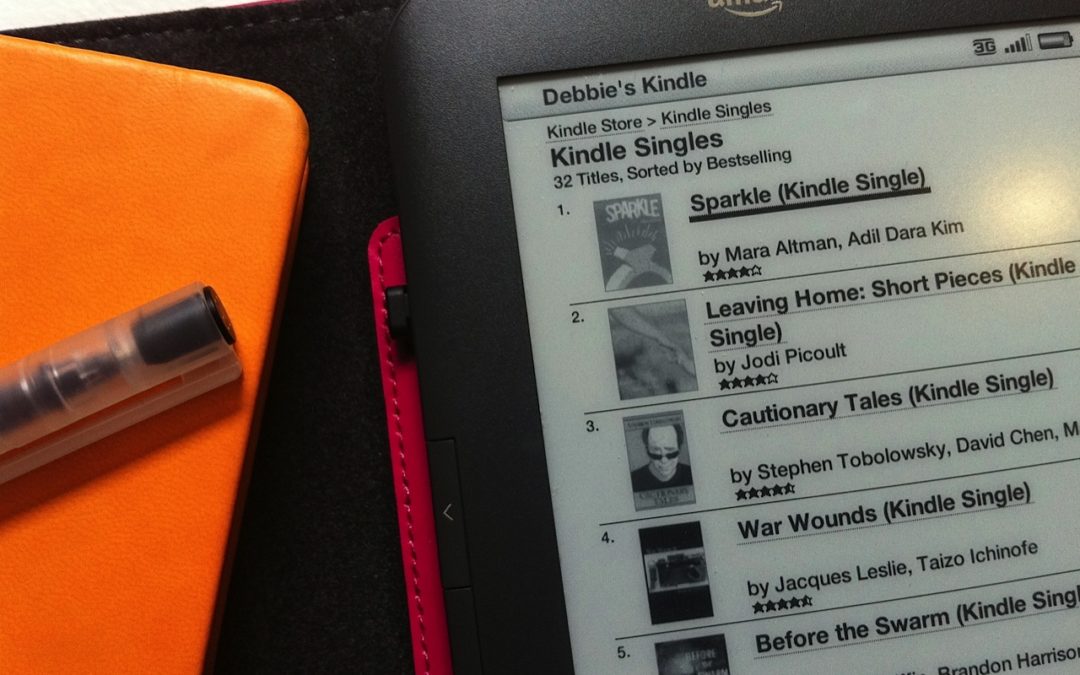I’ve been wrestling with whether the topic of Friending Over 50 (aka baby boomers and social media) is a book idea – or just a fascinating phenomenon (links to Pew Internet report on Older Adults and Social Media) as well as a great subject for a five-minute Ignite talk. I’ve pretty much decided that it’s not the right idea for a full-length book. At least for me. Here’s why.
Ageism is alive and well
As I said in a recent post, ageism is rampant in today’s society. Ageism is defined as “discrimination based on chronological age, especially old age.” I’m guilty of it myself. I’m fast approaching 60, making me an “older” baby boomer. (Boomers are the generation born between 1946 and 1964.) And yet I don’t feel old. Nor do I think of myself as old. The word old has a very negative connotation. Old and gray. Old and stuck in old ways. Old and stubborn. Old and, well, on the way out. As one wise commenter phrased it on my blog, “please, take on some of these old canards, including the one that says (boomers) are self-involved.” Ageism is wrong. I know that. But it’s a reality.
Beware: a book topic defines your speaking platform
When you write a book, particularly for business reasons, that book becomes your platform. You become the authority on that subject and you are invited to speak on that topic. I’m OK with being an authority on corporate blogging. But on “old people” and social media? It’s limiting. And limiting in a negative way. My interest is the mindset of openness and innovation which often leads to the adoption of social media. Rather than the age set, per se, of baby boomers. Some baby boomers embrace innovation. Others are stuck in the way things used to be (books, newspapers, publishing, communication, learning, etc.). I happen to be a “poster girl” of sorts for the former. But I don’t want to make it my life’s mission to convert the latter. In my experience, someone is either open to new ways of thinking and learning, or she’s not.
You may be saying, “Boy, she’s backed herself into a corner with this one. She’s been talking about this for a while.” But no, in today’s Publishing 2.0 world, I haven’t. There are other options.
Poke the Box thinking
 Amazon was clever enough several months ago to identify a new publishing space in the age of short attention spans. It’s called the Kindle Single and it’s for almost-book ideas, 10,000 to 30,000 words in length. For those who’ve written a book, a typical chapter is 5,000 words. Amazon calls a Kindle Single “a compelling idea – well researched, well argued, and well illustrated – expressed at its natural length.”
Amazon was clever enough several months ago to identify a new publishing space in the age of short attention spans. It’s called the Kindle Single and it’s for almost-book ideas, 10,000 to 30,000 words in length. For those who’ve written a book, a typical chapter is 5,000 words. Amazon calls a Kindle Single “a compelling idea – well researched, well argued, and well illustrated – expressed at its natural length.”
This is brilliant. It combines the possibilities of rapid self-publishing with the natural appetite of readers for less – quick, compelling and digestible. This is right in line with Seth Godin’s new publishing venture, The Domino Project, BTW. And with the topic of his first Domino title, Poke the Box, which is about starting things and not waiting to be “picked” or told what to do.
And yes, Kindle Singles are only in digital ebook form. But it’s pretty clear to me that we’ve reached the tipping point for Kindles. It happened in the past few months. So Kindle Singles are “books” but not-quite-books. They are respectable and real. And yes, most are self-published. If you have a compelling idea percolating, you should be considering writing and publishing one yourself.
Stay tuned.
Useful links re Kindle Singles
Amazon news release about Kindle Singles (Jan. 26, 2011)
My Amazon Kindle Single Publishing Experiment by Larry Dignan (editor-in-chief of ZDNET)
Kindle Singles Will Bring Novellas, Chapbooks and Pamphlets to E-Readers (Wired.com)
Living Singles by Virginia Heffernan (her final New York Times’ The Medium column)
Shorter E-Books for Smaller Devices by Jenna Wortham (New York Times)
1,900 copies: how a top-selling Kindle Single is generating new audiences for ProPublica (Nieman Journalism Lab)
Kindle Singles: a New “Shorts” Publishing Platform by Aggie Villanueva

